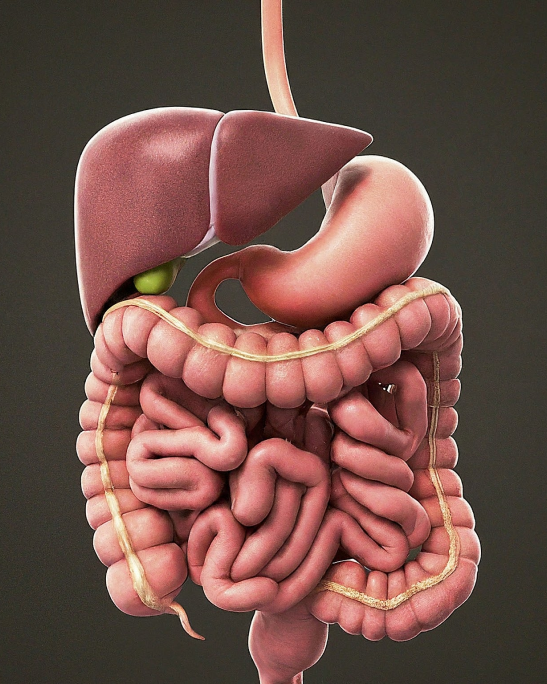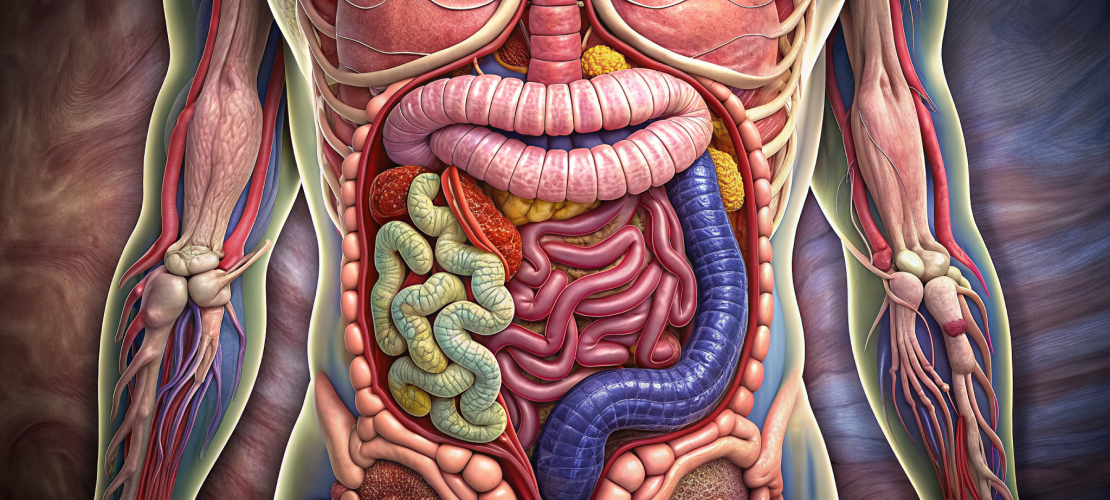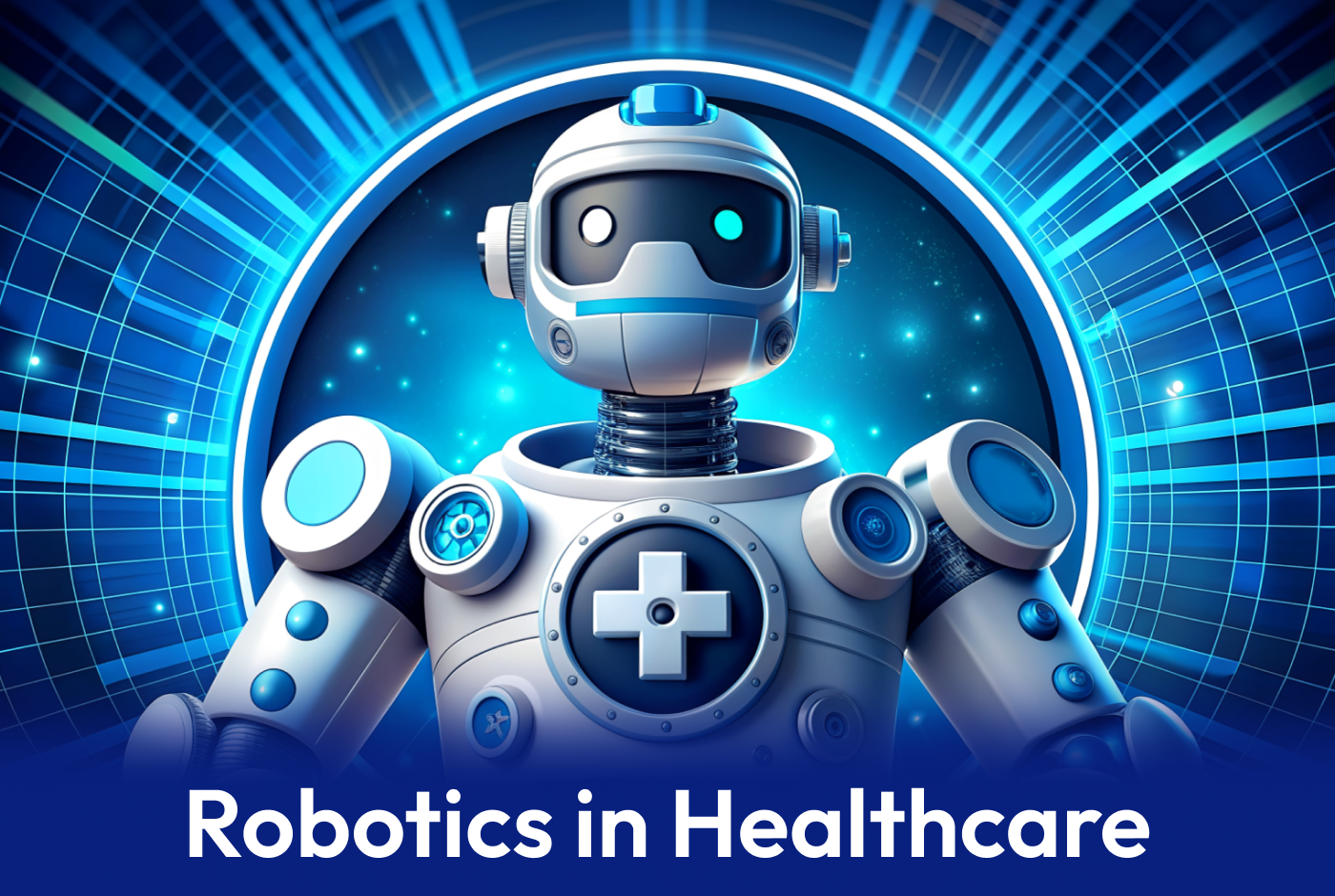Nestled within the intricate pathways of our digestive system lies the gut microbiome, a
bustling metropolis of bacteria, viruses and fungi that plays a pivotal role far beyond
digestion. This complex ecosystem is a cornerstone of our health, impacting everything from our
immune system's resilience to our mood and mental health.
The gut microbiome's significance is immense, acting as a silent conductor orchestrating the
symphony of our body's functions. It's involved in vital processes such as synthesizing
essential nutrients, defending against pathogens and even communicating with the brain through
what's known as the gut-brain axis. This intricate dialogue between the gut and the brain
influences our emotions, pain perception and stress levels, underscoring the gut's pivotal role
in not just physical health but our mental and emotional well-being too.
Smart pills, equipped with miniature sensors, are redefining medication adherence and
monitoring, making it possible to track the journey of a pill from ingestion to its effect on
the body. Alongside, the broader spectrum of digital health technologies spanning from wearables
that monitor heart rates to apps that track mental wellness complements these advancements,
offering a holistic view of health like never before. As we stand on the brink of this
technological frontier, it's clear that the integration of smart pills and digital health is not
just transforming pharmacy; it's reshaping the very way we approach our health and well-being.
The Human Gut: More Than Just Digestion
Picture this: a winding journey starting from the moment food touches your lips until the
leftovers are expelled, involving a series of meticulously coordinated steps and organs, each
with its own critical role. The esophagus acts as the grand entrance, guiding food to the
stomach's acidic bath, prepping it for the small intestine, where the real alchemy of nutrient
absorption unfolds. But the journey doesn't end there; the large intestine steps in, masterfully
recycling water and hosting a universe within us, the gut microbiome.
Imagine a bustling city within your gut, teeming with trillions of microorganisms, including
bacteria, viruses and fungi. This isn't science fiction; it's the gut microbiome, an ecosystem
as crucial to your health as any organ. These tiny inhabitants are our unsung heroes, breaking
down our dietary complexities, synthesizing vitamins and forming a shield against invaders.
They're not just living with us; they're working tirelessly to keep us healthy, aiding
digestion, bolstering our immune system and even shaping the effectiveness of medicines and
vaccines.
But here's where it gets even more intriguing: the microbiome is a key player in the gut-brain
axis, an elaborate communication network that links our gut to our brain. Through this axis, our
gut residents can send signals that affect our mood, stress levels and behaviors, illustrating
the deep, interconnected relationship between what we eat, how we feel and how we act.
Exploring the human gut and its microbiome is like uncovering a hidden universe within us, one
that significantly influences our health and well-being. This journey through our internal
ecosystem reveals that our gut is far more than a digestion machine; it's a complex, dynamic
system that plays a vital role in our overall health. As we continue to unravel the mysteries of
the gut microbiome, we're reminded of the importance of nurturing this inner world, not just for
digestive health but for the well-being of our entire body and mind. The story of the human gut
is a fascinating tale of cooperation, communication and care.
Understanding the Gut-Brain Axis
Expanding our journey into the captivating interplay of the gut-brain axis further illuminates
how this remarkable dialogue influences every facet of our well-being. The vagus nerve, our
biological superhighway, doesn't just transmit signals in a vacuum; it's part of a sophisticated
network that involves neurotransmitters like serotonin, crafting our moments of joy and peace
from within our gut. This biochemical interplay underscores a profound truth: our emotional and
physical health is deeply intertwined with the microscopic universe within our digestive system.
The gut's role as a biochemical factory for happiness is just the beginning. Emerging research
paints a vivid picture of how a balanced microbiome can be a powerhouse for mental resilience,
offering natural defenses against anxiety, depression and stress. It's a delicate balance,
though, as disruptions in this microbial harmony can lead to significant mental health
challenges. The good news? Modifying the gut's microbial landscape through diet, probiotics and
lifestyle changes can offer a pathway to improved mental health, showcasing the gut's potential
as a target for therapeutic intervention.
The implications of the gut-brain axis extend into how we understand and treat mental health
conditions. With the gut's ability to influence our mood and cognition, it becomes a critical
area for research and therapy development. This understanding opens the door to innovative
treatments that target the gut to alleviate mental health symptoms, offering hope for more
effective and holistic approaches to mental wellness.
Moreover, the gut-brain communication highlights the importance of nurturing our gut microbiome
for optimal mental health. It invites us to consider how our diet, lifestyle and overall health
practices contribute not just to physical health but to our emotional and psychological
well-being. As we delve deeper into the mysteries of the gut-brain axis, the potential to
revolutionize how we approach health and disease becomes increasingly apparent.
The exploration of the gut-brain axis is a journey into the heart of what it means to be
healthy. It's a story that weaves together the science of microbiology, neurology and
psychology, revealing the gut to be a key player in our quest for well-being. As we uncover more
about this intricate connection, the call to pay attention to our gut health becomes not just a
matter of physical health, but a profound strategy for nurturing our mental and emotional
resilience. The gut-brain axis isn't just a fascinating scientific discovery; it's a paradigm
shift in how we approach health, emphasizing the holistic nature of our well-being and the power
of the gut to influence far more than digestion.





